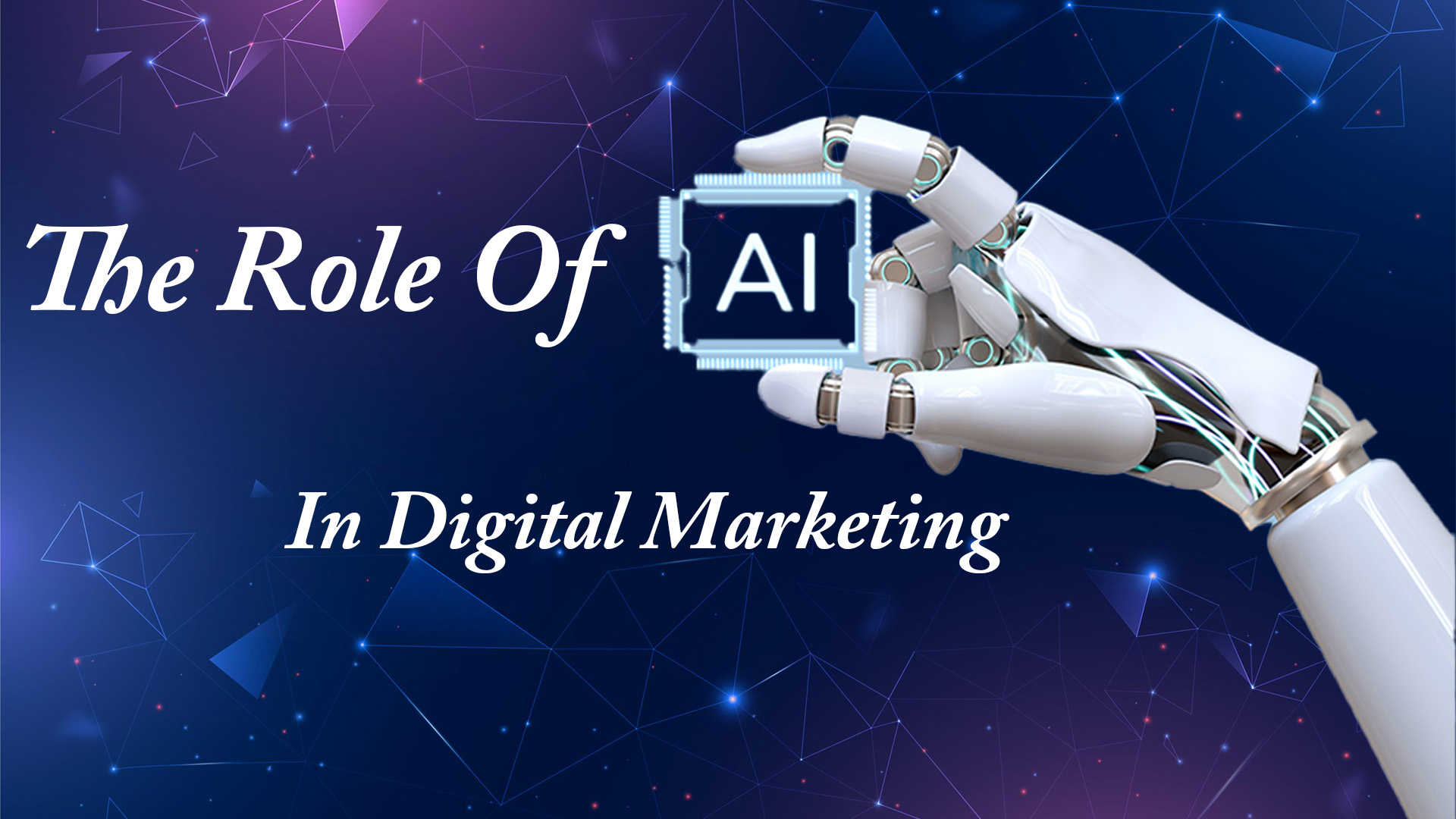Artificial intelligence (AI) is transforming the digital marketing landscape, providing businesses with innovative tools and strategies to enhance customer engagement, optimize campaigns, and drive growth. As technology continues to advance, understanding the role of AI in digital marketing becomes crucial for companies aiming to stay competitive. Here’s how AI is reshaping the industry and what it means for marketers.
1. Enhanced Customer Insights
AI technologies, such as machine learning and data analytics, allow marketers to gain deeper insights into customer behavior and preferences. By analyzing vast amounts of data from various sources—such as social media interactions, website visits, and purchase histories—AI can identify patterns and trends that human analysts might overlook.
-
Predictive Analytics: AI can forecast future customer behavior by examining past interactions. This enables marketers to tailor their strategies, offering personalized recommendations and targeted content that resonate with specific segments of their audience.
-
Customer Segmentation: AI-driven tools can segment customers based on behaviors, interests, and demographics, allowing for more effective targeting and messaging. This level of personalization improves engagement and conversion rates.
2. Personalization at Scale
In the age of information overload, personalized marketing is no longer a luxury; it’s a necessity. AI helps businesses deliver tailored experiences to each customer by automating the personalization process.
-
Dynamic Content: AI can create dynamic content that changes based on individual user preferences. For instance, e-commerce sites can display products based on a user’s browsing history, making recommendations that are more likely to convert.
-
Email Marketing: AI algorithms can analyze user behavior to determine the best time to send emails, optimize subject lines, and personalize content. This increases open rates and engagement, leading to higher conversion rates.
3. Improved Customer Support
AI chatbots and virtual assistants are revolutionizing customer service, providing instant support and assistance 24/7. These AI-powered tools can handle a variety of customer inquiries, from simple questions to complex issues.
-
Chatbots: Integrated into websites and social media platforms, chatbots can engage with customers in real-time, providing answers to FAQs, assisting with purchases, and even handling complaints. This enhances the customer experience and reduces the workload on human support teams.
-
Sentiment Analysis: AI can analyze customer feedback on social media and review platforms, gauging sentiment toward a brand. This allows companies to address concerns proactively and improve their overall reputation.
4. Optimized Advertising Campaigns
AI plays a pivotal role in enhancing the effectiveness of digital advertising campaigns. By automating various processes and providing data-driven insights, AI enables marketers to optimize their strategies for better results.
-
Programmatic Advertising: AI algorithms can automate the buying and selling of ad space in real time, ensuring that ads reach the right audience at the right time. This reduces wasted ad spend and maximizes ROI.
-
A/B Testing: AI can facilitate more efficient A/B testing by rapidly analyzing which ads perform better across different demographics and adjusting campaigns accordingly. This helps marketers make data-backed decisions quickly.
5. Content Creation and Curation
AI is also making strides in content creation and curation. While human creativity remains essential, AI tools can assist marketers in generating relevant content ideas and even producing basic content.
-
Content Recommendations: AI can analyze user behavior to suggest content topics that align with audience interests. This ensures that marketers produce content that resonates with their audience, increasing engagement.
-
Automated Writing: While AI-generated content may not yet match the creativity of human writers, tools like natural language generation (NLG) can create basic reports, product descriptions, and social media posts, freeing up time for marketers to focus on more strategic tasks.
Conclusion
AI is revolutionizing digital marketing by providing powerful tools that enhance customer insights, enable personalization, improve customer support, optimize advertising campaigns, and assist in content creation. As AI technology continues to evolve, its role in digital marketing will only expand, making it essential for businesses to embrace these innovations to stay competitive in an ever-changing landscape. By leveraging AI effectively, marketers can create more meaningful connections with their audience, drive engagement, and ultimately increase conversions.

1 Comment
Quia accusantium fuga esse. Assumenda qui sapiente quis sunt suscipit repellat. Et ut quisquam quia nesciunt quo. Excepturi maiores fugit aperiam voluptatem dolores quia et at. Accusamus labore nostrum harum minima error sed. Et dolorum itaque aperiam non et vel. Dolore a odit sapiente autem. Officiis et velit dolore doloribus odio quod architecto. Atque minima quidem odio beatae autem. Saepe suscipit possimus magni aut autem. Odit et sunt eum praesentium. Consequatur voluptas qui deserunt. Eligendi optio quidem et saepe. Repudiandae omnis aperiam explicabo optio. Possimus sunt illo sunt tempore esse et et. Architecto aspernatur illo culpa cupiditate.